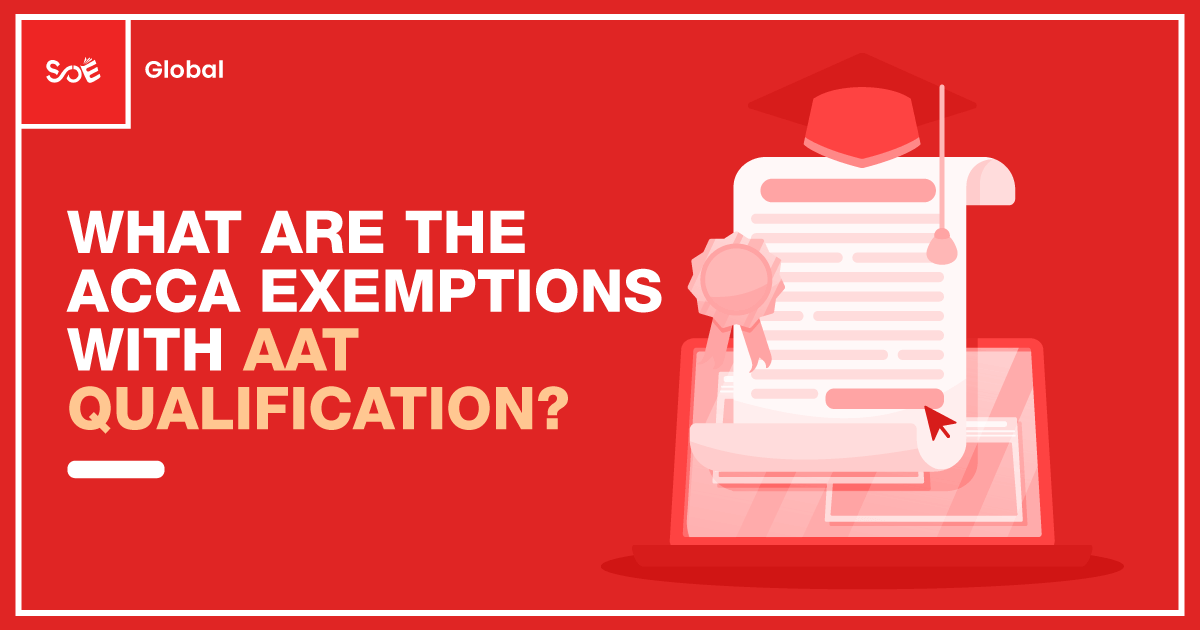Are you looking to create a sparkling future in the world of finance? Do you want a qualification that is accepted globally? Then the ACCA qualification will skyrocket your Chartered Accountant career. ACCA or Association of Chartered Certified Accountants is a global body that stands as the leading international accountancy body.
With an ACCA qualification, anybody can get recognition for having abilities in every aspect of a business. With over 500,000 members and students in 170 nations, this qualification is growing and spreading.
ACCA qualification allows one to become a Chartered Certified Accountant and work in management or finance. It helps one get better employment opportunities and capture senior management positions of management.
The all-round training imparted to the ACCA students makes them eligible to work as Analysts, Auditors, Chartered Accountants, Stock Market Executives, Bankers, etc. anywhere around the world.
What Are The Entry Requirements For ACCA?
The course can be opted by students who-
- Have 10+2 Commerce Stream with 65% in Mathematics/Accountancy and English, and 50% aggregate for all other subjects
- Students with Under-Grad course like B.Com, BBA, as well as BA/B.Sc students with a foundation in Accountancy
- Students studying Post-Grad courses like M.Com, MBA in Finance
- Chartered Accountants who wish to amplify their career with an internationally acclaimed membership
- Students with IPCC, ICWA
- Should have a minimum of 3 years in an organisation (can be during or after the course)
Moving From AAT to ACCA? What Are The Exemptions?
AAT or Association of Accounting Techniques course is a stepping stone into the career of accounting. There are several levels in AAT that can help you learn about financial planning.
There is a vital advantage of moving to ACCA with an AAT course. The AAT exemptions that ACCA offers helps students with AAT qualification to complete ACCA in a shorter time. The AAT exemption is-
- Accountant in Business (AB or F1)- covers topics related to Business and Technology
- Management Accounting (MA or F2)- covers topics related to Management Accounting
- Financial Accounting (FA or F3)- cover topics related to Financial Accounting.
If you have completed AAT till level 4, the progression towards ACCA is smoother. You will get exemptions from these three papers out of 14 in ACCA under the Applied Knowledge module.
Getting exemptions from the Applied Knowledge module will help you move directly to the Applied Learning module without having to pay any exemption fees and save your time.
Why Move From AAT to ACCA?
One should move from AAT Professional Level 4 to ACCA for the following reasons-
- The ACCA course provides a comprehensive and advanced curriculum compared to AAT.
- ACCA course offers a wide range of subjects like corporate accounting ethics, accounting regulations and law, financial accounting, strategic financial reporting, taxation, etc.
- The career prospects are better as the ACCA qualification is accepted as prestigious internationally.
Many individuals have worked jobs with a part-time AAT course simultaneously. If you are one of them and are willing to proceed to a better future of becoming a Chartered Accountant, switch to ACCA.
It will give you better opportunities in a shorter time and you will get recognised by international institutions for employment opportunities.
